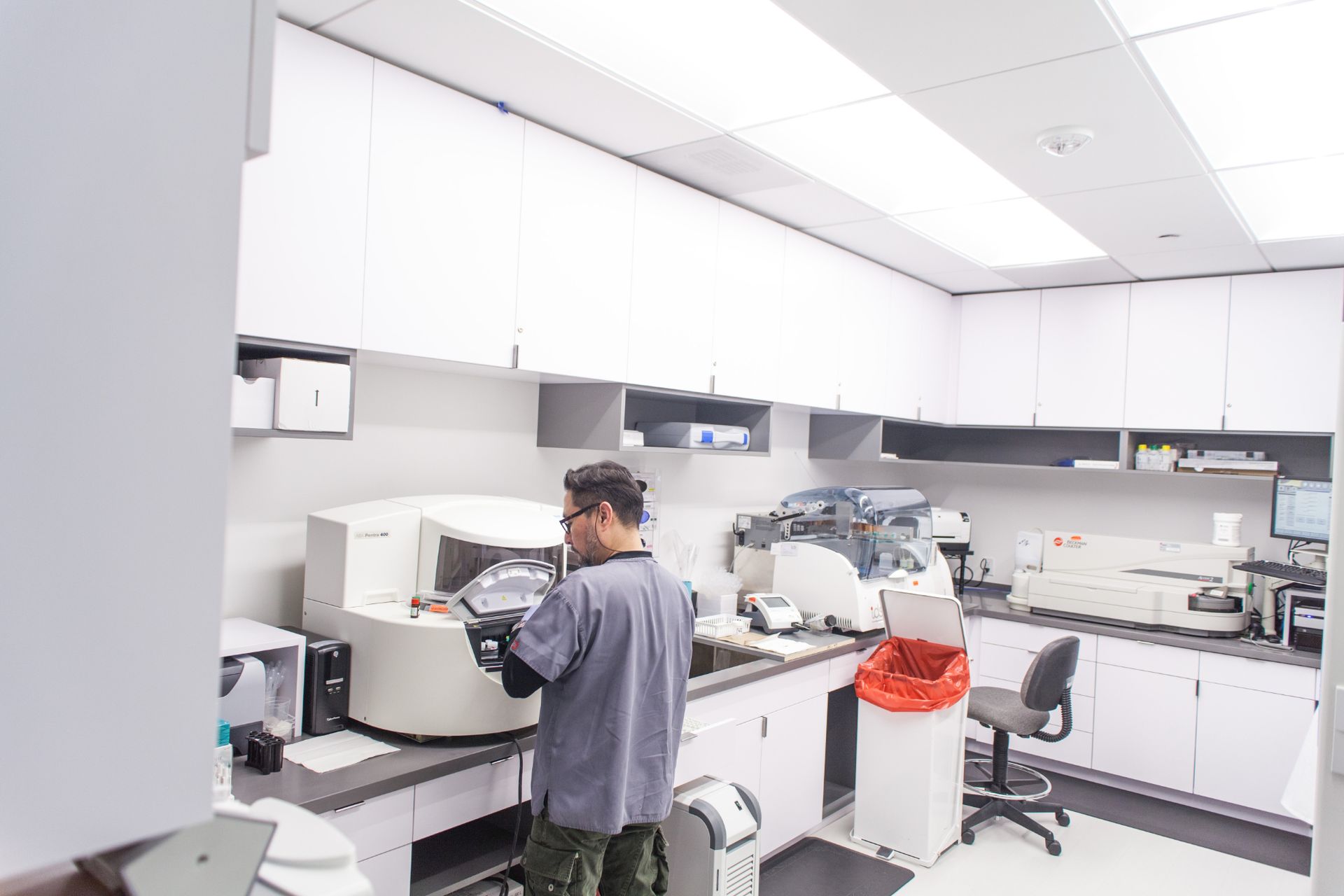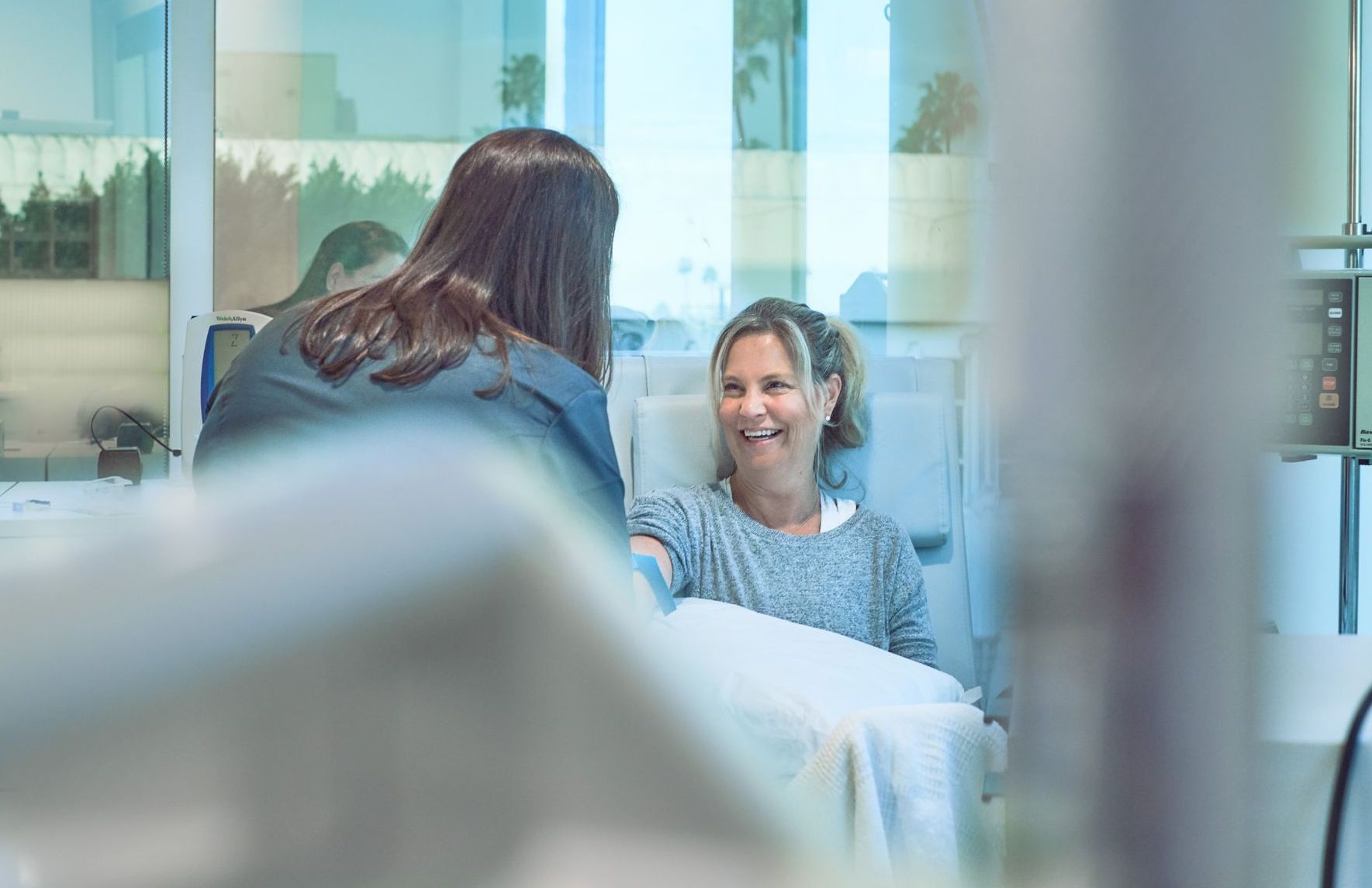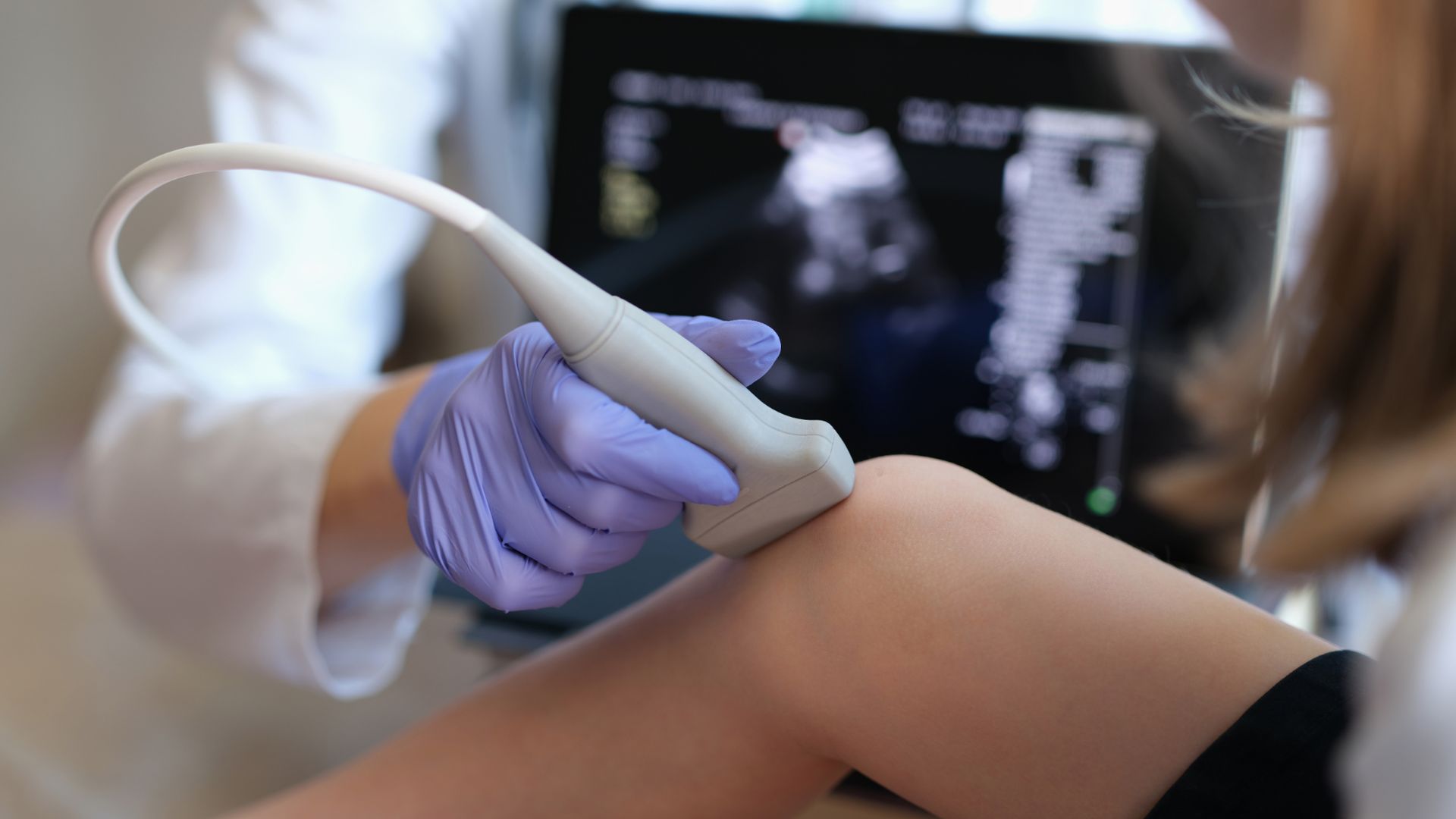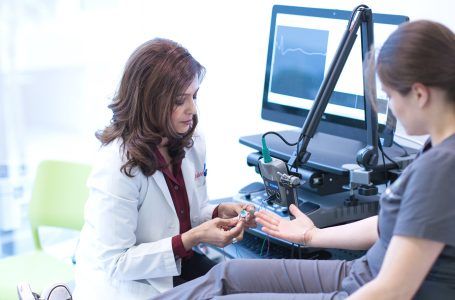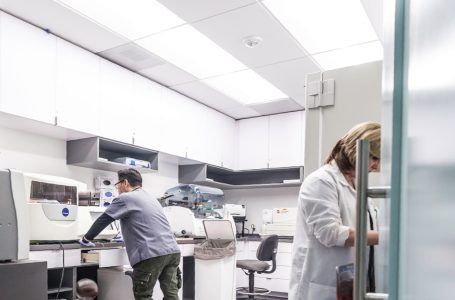Clinic Services
Clinic Services at Attune Health
At Attune Health, we are dedicated to providing comprehensive and personalized medical care to our patients. Our facility offers a range of services, including consultations, follow-up visits, and advanced in-house laboratory testing. Our commitment to innovation and excellence is evident in every aspect of our patient care.
In-House Labs
Attune Health is equipped with a state-of-the-art, CLIA-certified laboratory, allowing us to provide real-time results to our patients. Our web portal makes it easy for patients to access and review their lab results, providing them with convenient and secure access to their health information. Sign up for the CS link portal by clicking here.
Infusion Therapy
Our Infusion Clinic offers a comfortable and safe environment for infusion therapy, where patients can receive intravenous and injectable medications for various conditions, including RA, lupus, osteoporosis, and more. Our highly trained registered nurses our medical providers ensure the highest level of care and comfort for our patients during their infusion therapy. If you’re interested in receiving your infusion care to Attune Health, please have your physician complete this infusion referral form or please send an inquiry to our office.
Therapeutic Injections and Ultrasound-Guided Procedures
With state-of-the-art technology and equipment, our highly trained and skilled healthcare professionals perform ultrasound scans to accurately diagnose and monitor the progression of various rheumatologic conditions. Our diagnostic ultrasound services provide a non-invasive method of assessing joint inflammation and soft tissue damage, enabling us to provide an accurate diagnosis and individualized treatment plan for our patients.
In addition to diagnostic ultrasound, we also offer therapeutic injections to alleviate joint and soft tissue pain and improve function. The new technique of ultrasound guided synovial biopsies allows for a safe and effective way to evaluate cellular inflammation in patients with inflammation and improves our precision diagnostic capabilities. Our expert providers, led by Dr. Ami-Ben Artzi, have extensive experience in the latest injection techniques and are dedicated to ensuring that our patients receive the highest level of care.
Whether it's for joint injections or ultrasound-guided procedures, our patients can expect a comfortable, safe and personalized experience at Attune Health. Our team works closely with each patient to develop a tailored treatment plan that aligns with their unique needs and goals. Contact us today to learn more about how we can help improve your quality of life.
EMG/NCS and Other Neurodiagnostic Services
At Attune Health, our team led by Dr. Mahajan, offers the latest in neuro-electrodiagnostic testing. We utilize state-of-the-art equipment to perform diagnostic nerve conduction studies (NCS) and electromyography (EMG) to assess a wide range of neurological disorders, including nerve compressions, radiculopathies, diabetic neuropathies, myopathies, ALS, and muscular dystrophies.
Dr. Mahajan is not only highly skilled in performing muscle biopsies, but is also Board Certified in interpreting nerve and muscle histopathology. This allows her to integrate pathology with the clinical management of neuromuscular diseases and provide a comprehensive approach to the evaluation and treatment of patients.
In addition to muscle biopsies, Dr. Mahajan also performs skin punch biopsies, a highly sensitive and specific test used to evaluate small-fiber neuropathy. This procedure, performed with a local anesthetic, is used to diagnose conditions such as diabetes and rheumatological diseases like Sjogren's syndrome and lupus.
As one of the few neuromuscular physicians with both electrodiagnostic and histopathological qualifications, Dr. Mahajan is able to offer a unique and comprehensive approach to the evaluation and treatment of autoimmune neuromuscular diseases, including those related to rheumatological conditions.
Nutrition and Wellness
At Attune Health, we believe that optimal health and wellness starts with the right nutrition. That's why our team of highly trained physicians and nutritionists work together to create individualized nutrition programs for our patients. By using the latest functional testing methods, we can get to the root cause of any health conditions and identify any nutritional deficiencies that may be contributing to chronic conditions.
Our functional medicine approach involves collecting a detailed medical history and utilizing specialized tests such as genetic testing, comprehensive stool analysis, adrenal stress profile testing, metabolic, amino acid, and oxidative stress analysis. These tests help us assess various aspects of a patient's health, including malabsorption and gut dysbiosis, cellular energy and mitochondrial metabolism, neurotransmitter metabolism, vitamin deficiencies, and toxin exposure and detoxification status.
Based on the results of these tests, our nutritionists make targeted recommendations for our patients. They work closely with each patient to create a personalized nutrition program that meets their unique needs and helps them achieve their health and wellness goals.
At Attune Health, we believe in the power of nutrition to heal and transform lives. That's why we are always striving to improve our knowledge and understanding of how best to incorporate nutrition into our care paradigm for patients. By monitoring our patients' progress and conducting research studies, we are constantly learning and refining our approach to help our patients achieve optimal health and wellness.
Research-Based Clinical Programs
Research is a central part of our mission. We are grateful to our patients who participate in our research programs. With our extensive clinical experience in autoimmune diseases, our main research focus is to understand the causes and clinical manifestations of autoimmune diseases and to develop therapeutic approaches. Our physicians and research staff work with leading faculty locally and globally to further our knowledge and understanding of autoimmune diseases and arthritis. Our research is focused on advancing therapeutic options for patients with arthritis and autoimmune disease. Having access to research programs differentiates Attune Health’s clinical offerings and allows us to offer our patients advanced diagnostic and therapeutic options. Some of our programs include the following:


